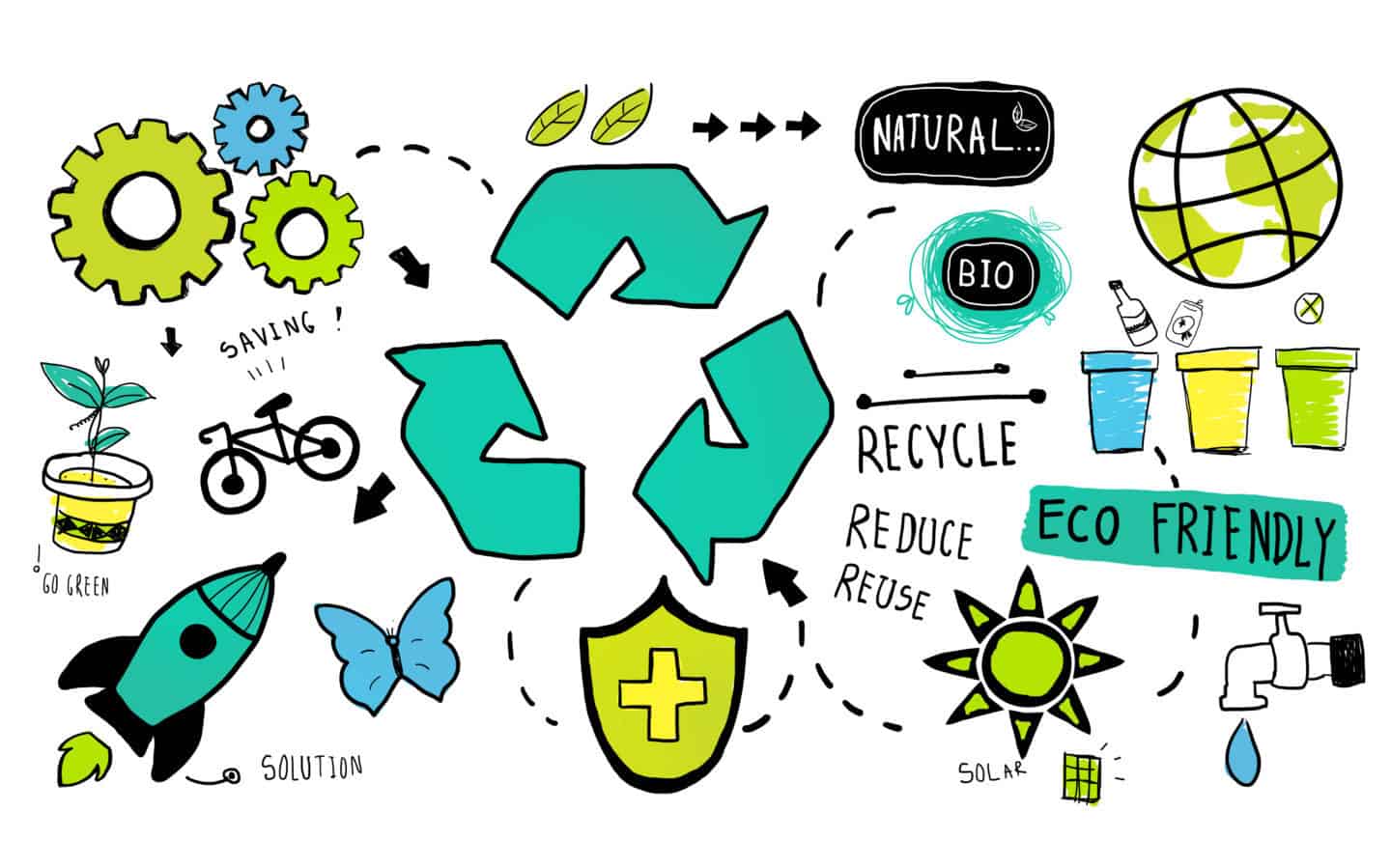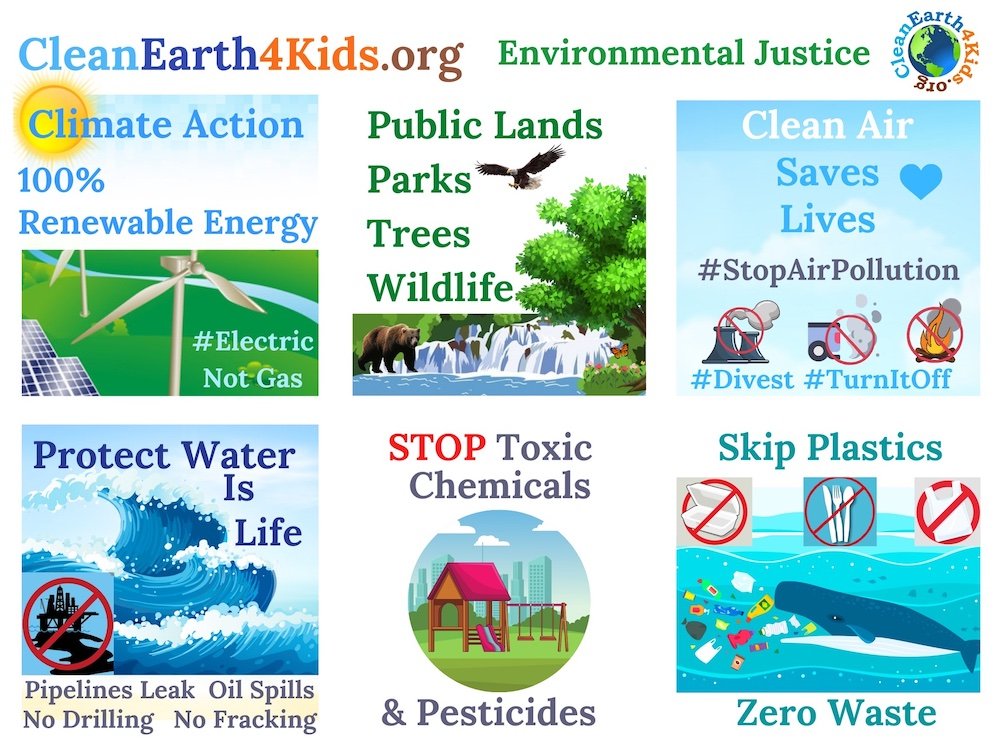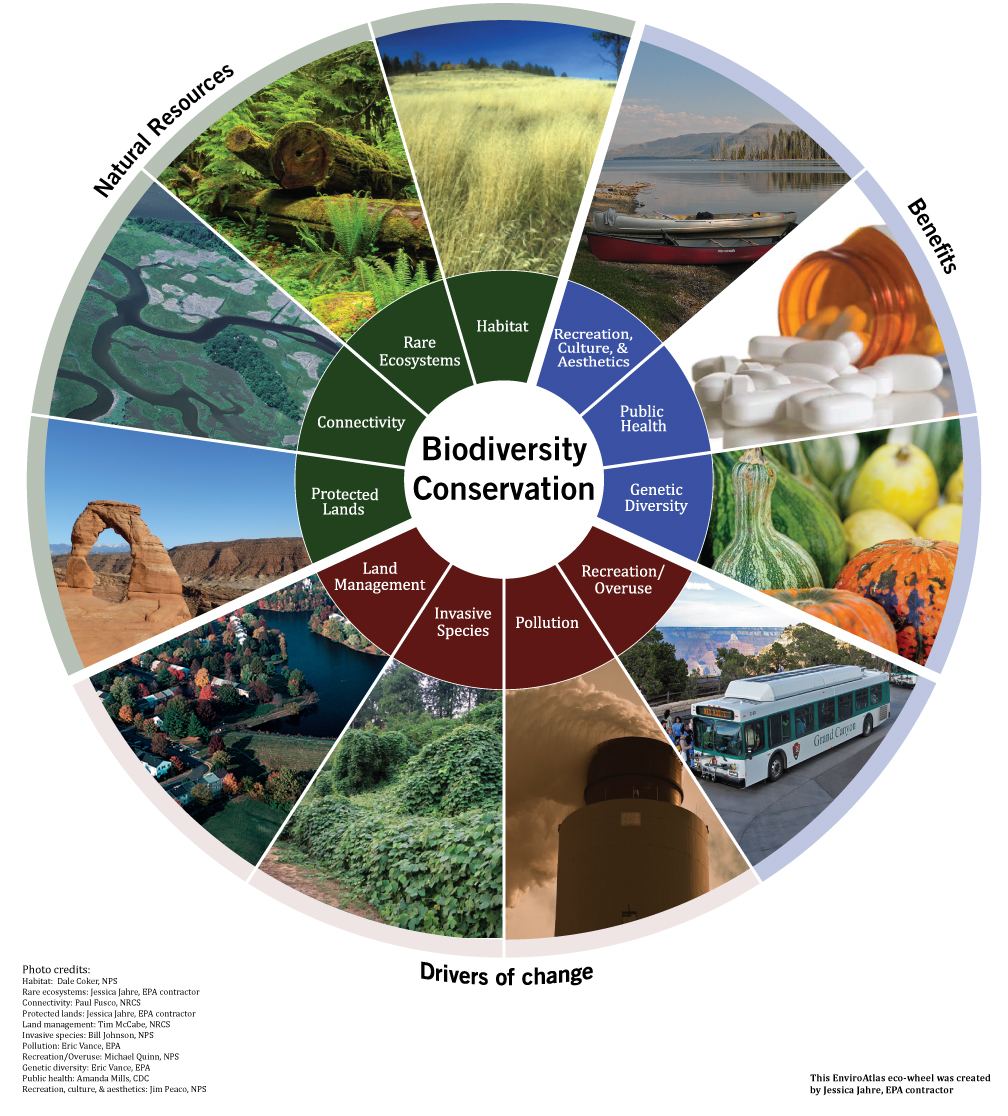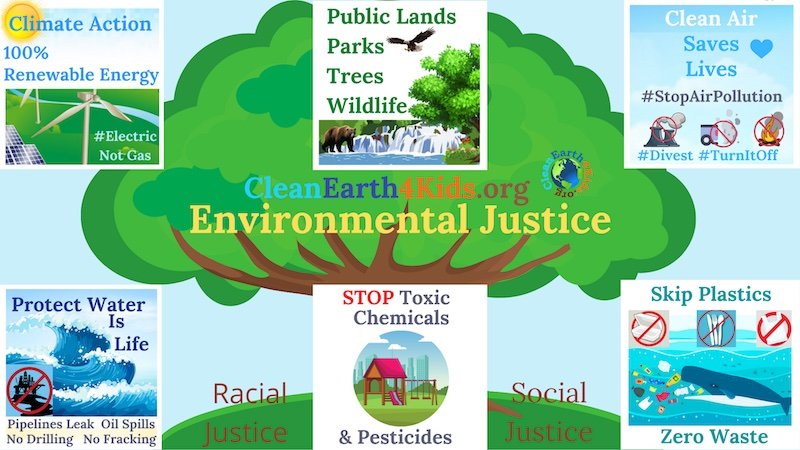Going Green – Green Alternatives for an Eco-Friendly Lifestyle
Are you looking to make a positive impact on the environment? Adopting a green lifestyle can significantly contribute to a healthier planet. By making simple changes in your daily routine, you can reduce your carbon footprint and embrace a more sustainable way of living. In this blog post, we will explore various green alternatives that will help you lead an eco-friendly lifestyle.
1. Renewable Energy Sources: Transitioning to renewable energy sources, such as solar power or wind energy, is a great way to reduce reliance on fossil fuels. Consider installing solar panels on your roof or subscribing to a renewable energy provider to power your home sustainably.
2. Energy-efficient Appliances: Swapping out old, energy-guzzling appliances for energy-efficient ones can make a significant difference. Look for appliances with the Energy Star label, as they consume less energy and can save you money on your utility bills.
3. Sustainable Transportation: Opt for greener transportation alternatives whenever possible. Consider walking or cycling for short distances, carpooling with colleagues or friends, or using public transportation. Electric vehicles or hybrid cars are also excellent eco-friendly options if you’re in the market for a new car.
4. Reduce, Reuse, Recycle: Embrace the three Rs – Reduce, Reuse, and Recycle – in your daily life. Minimize waste by avoiding single-use plastics, opting for reusable items like water bottles and shopping bags. Donate or sell items you no longer need instead of throwing them away. Separate recyclable materials properly to ensure they can be transformed into new products.
5. Sustainable Food Choices: Making conscious decisions about the food you consume can have a significant impact on the environment. Choose locally sourced, organic produce to support local farmers and reduce the carbon footprint associated with long-distance transportation. Reduce meat consumption or adopt a plant-based diet to decrease greenhouse gas emissions linked to livestock farming.
6. Water Conservation: Practice water conservation in your home by fixing any leaks promptly, using low-flow showerheads and faucets, and collecting rainwater for gardening. Avoid wasteful practices like leaving the tap running while brushing your teeth.
7. Eco-friendly Cleaning Products: Replace conventional cleaning products with eco-friendly alternatives. Look for natural, biodegradable options or even make your cleaning products using simple ingredients such as vinegar, baking soda, and lemon.
8. Sustainable Fashion: Choose clothing made from sustainable materials like organic cotton, bamboo, or hemp. Support ethical fashion brands that prioritize fair trade practices, use eco-friendly dyes, and ensure safe working conditions for their employees.
9. Conscious Consumerism: Before making a purchase, consider the environmental impact of the product. Opt for items with minimal packaging, prioritize durability, and choose products made from recycled materials.
10. Community Engagement: Get involved in community initiatives focused on sustainability and conservation. Join local clean-up drives, participate in tree-planting campaigns, or support local environmental organizations by volunteering or donating.
By implementing these green alternatives in your lifestyle, you can contribute to creating a greener and more sustainable future for our planet. Remember, small changes can add up to make a significant difference. Start today, and inspire others to join you on the journey towards an eco-friendly lifestyle. Together, we can make a positive impact and protect our environment for future generations.











